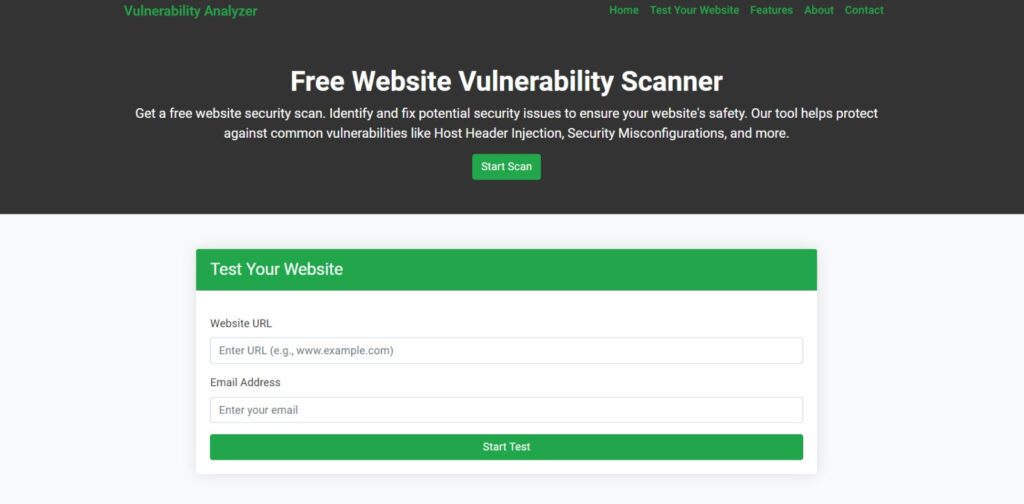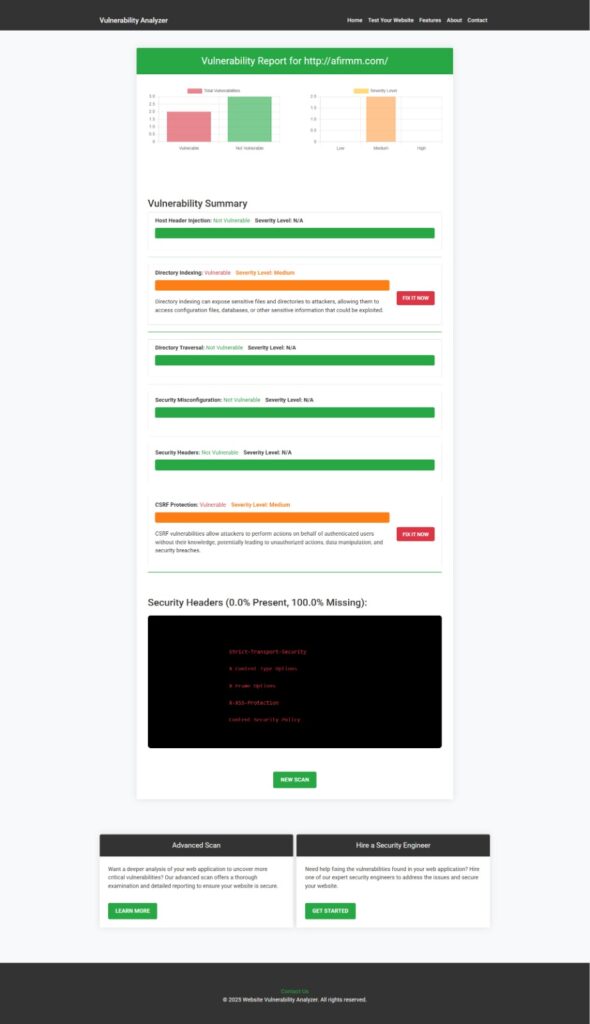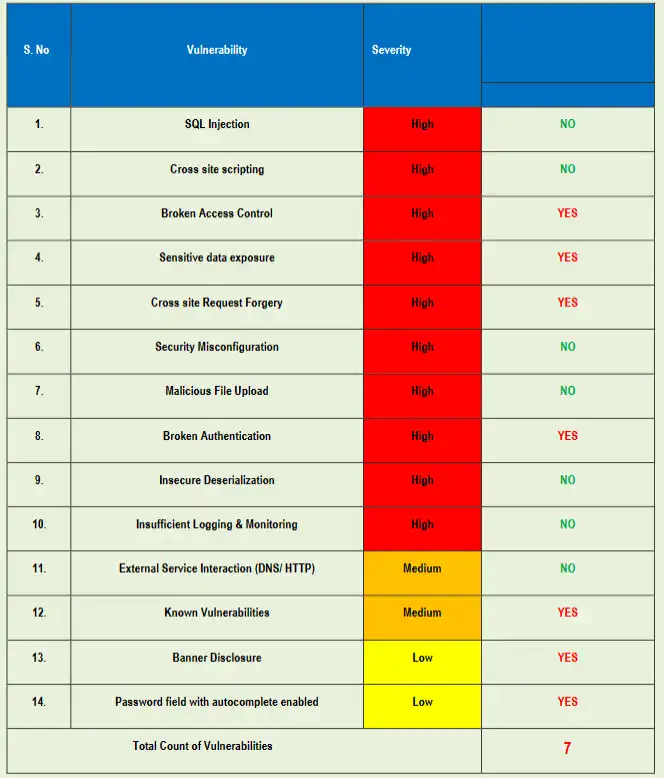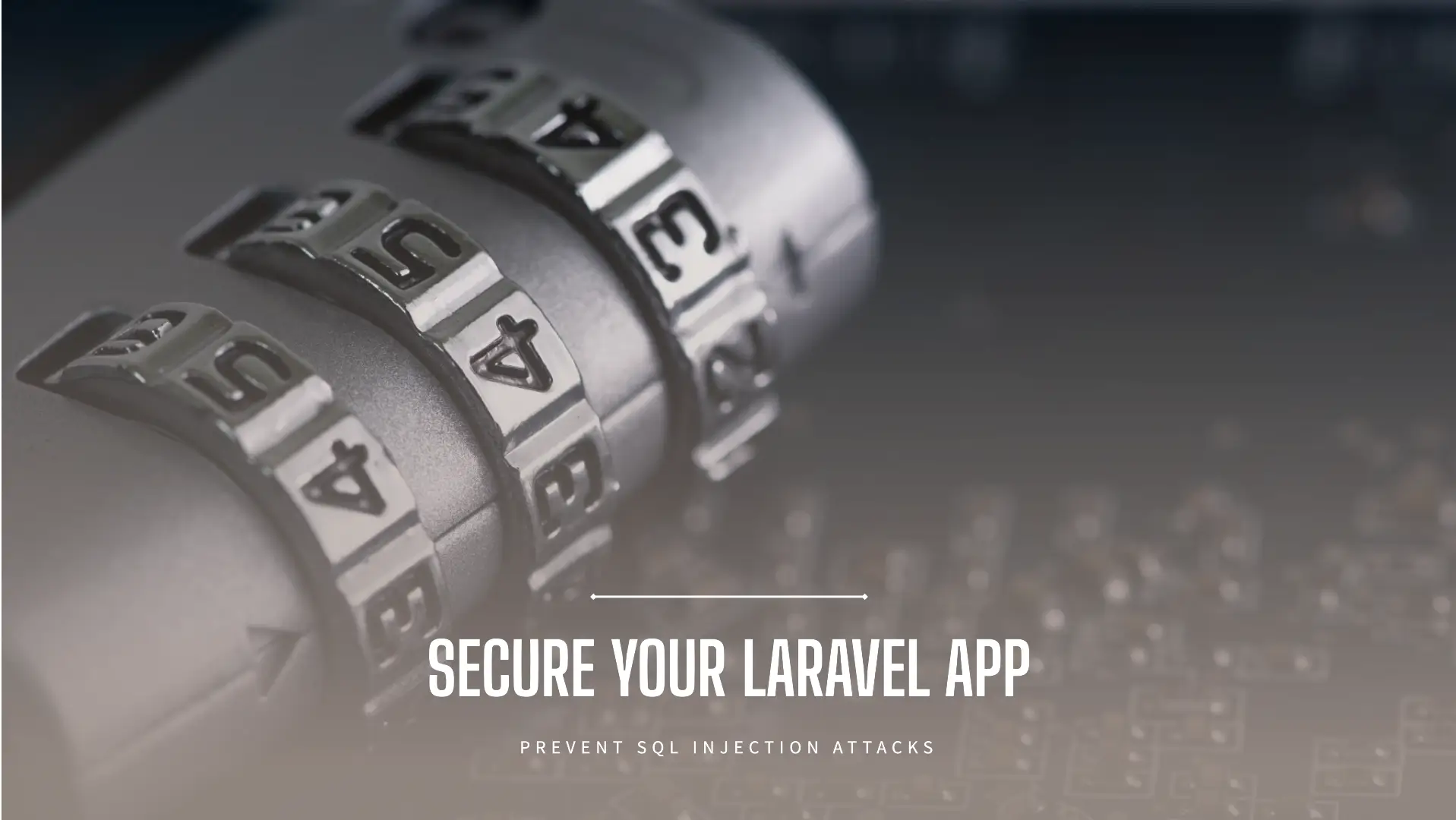Session Fixation in Laravel: Complete Guide with Secure Code Examples
Web applications often rely on session tokens to identify users and maintain state. However, when improperly handled, this feature opens the door to a dangerous attack vector known as Session Fixation. Laravel, being one of the most widely-used PHP frameworks, is not immune to this unless properly configured.

In this guide, you’ll learn everything you need about Session Fixation in Laravel, including real-world coding examples, mitigation strategies, and how to protect your applications proactively.
🔒 What is Session Fixation?
Session Fixation is an attack where a hacker sets a user’s session ID in advance and then tricks the user into logging in with that session. Once the user authenticates, the attacker can hijack the session and gain unauthorized access.
📌 Example Scenario:
An attacker creates a session and sends a link likehttps://example.com/login?PHPSESSID=attackersessionid. If the app does not regenerate the session after login, the attacker can hijack it once the user logs in.
⚠️ Why Laravel Apps Are at Risk
Laravel handles sessions automatically, but without explicit measures, it does not regenerate session IDs by default after login. That opens the door to fixation attacks unless developers intervene.
🛠️ How to Prevent Session Fixation in Laravel (with Code)
Below are multiple coding solutions and hardening strategies for developers to fix session fixation vulnerabilities in Laravel.
✅ 1. Use Session::regenerate() After Authentication
Laravel provides a built-in method to regenerate the session ID:
use Illuminate\Support\Facades\Auth;
use Illuminate\Support\Facades\Session;
public function login(Request $request)
{
$credentials = $request->only('email', 'password');
if (Auth::attempt($credentials)) {
// Prevent Session Fixation
Session::regenerate();
return redirect()->intended('dashboard');
}
return back()->withErrors([
'email' => 'Invalid credentials',
]);
}Why this matters: Regenerating the session ID after login prevents reuse of a potentially compromised session ID.
✅ 2. Middleware Enforcement for Session Regeneration
Create custom middleware to enforce session regeneration on critical routes:
php artisan make:middleware RegenerateSessionapp/Http/Middleware/RegenerateSession.php:
namespace App\Http\Middleware;
use Closure;
use Illuminate\Support\Facades\Session;
class RegenerateSession
{
public function handle($request, Closure $next)
{
if ($request->is('login')) {
Session::regenerate();
}
return $next($request);
}
}Then register it in your Kernel.php:
protected $routeMiddleware = [
'regenerate.session' => \App\Http\Middleware\RegenerateSession::class,
];Apply it to routes where necessary.
✅ 3. Disable URL-based Session IDs
Ensure your Laravel app never uses session IDs via URLs. In your config/session.php file:
'secure' => env('SESSION_SECURE_COOKIE', true),
'http_only' => true,
'use_only_cookies' => true,✅ 4. Enable HTTPS and Secure Cookies
Session cookies should never be transmitted over HTTP.
SESSION_SECURE_COOKIE=trueAlso, use HTTPS in production and add the following in your AppServiceProvider:
if ($this->app->environment('production')) {
URL::forceScheme('https');
}✅ 5. Set Short Session Lifetimes for Sensitive Apps
// config/session.php
'lifetime' => 15,
'expire_on_close' => true,This reduces the window of opportunity for session hijacking.
🧪 Try Our Free Tool to Detect Session Vulnerabilities
You can test your Laravel application for session fixation and other session-related vulnerabilities using our Website Vulnerability Scanner.

Once scanned, you’ll receive a detailed report to check Website Vulnerability, showing whether your session handling is secure.

📚 Related Security Guides
Want to secure more aspects of your applications? Check out these relevant guides:
- 🔗 Prevent Clickjacking in Laravel
- 🔗 Prevent MitM Attack in Laravel
- 🔗 How to Secure OpenCart Store
- 🔗 Broken Authentication in React.js
- 🔗 Prevent CRLF Injection in OpenCart
🚀 Protect Your App with Our Web App Penetration Testing Service
If you’re serious about hardening your Laravel application, we highly recommend our Web Application Penetration Testing Services. Our certified testers perform comprehensive audits to detect issues like:
- Session fixation
- Broken authentication
- CSRF, XSS, and SQLi flaws
🛡️ Get your Laravel app professionally tested and gain peace of mind.
✅ Final Thoughts
Session Fixation in Laravel is a critical security risk that’s often overlooked. Thankfully, with the right combination of coding practices and framework capabilities, it’s easy to mitigate.
Key takeaways:
- Always regenerate session IDs after login
- Never expose session IDs in URLs
- Use secure cookies and HTTPS
- Test your site with tools and manual audits for Website Security check
Secure your apps before attackers exploit them.

